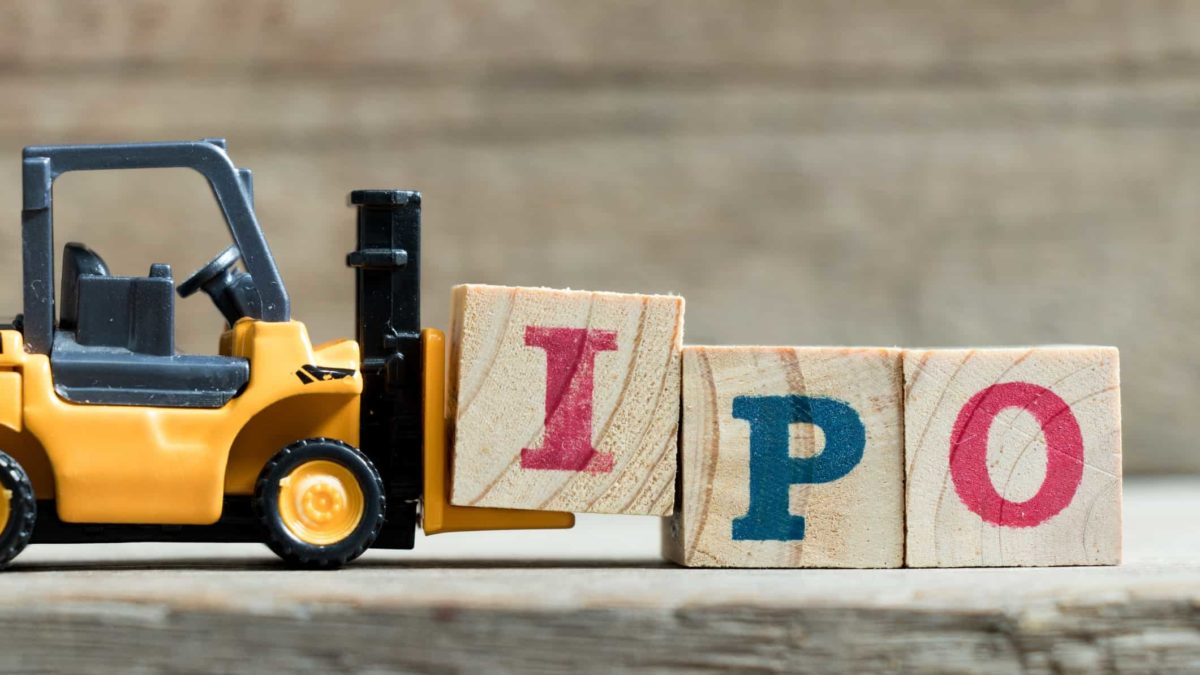Wes Maas came home to Dubbo after 5 years in Sydney playing reserve-grade rugby league.
He even got to play 2 top-level NRL games for the South Sydney Rabbitohs, but a busted shoulder forced his retirement at the age of 22.
His brothers had attained plumbing and building qualifications. He didn't have anything when he returned to the central west of NSW.
Now, 18 years later, Maas will become one of the wealthiest self-made Australians when his company MAAS Group Holdings Limited (ASX: MGH) lists on the ASX on Friday.
He will be worth $347 million, according to the initial public offer (IPO) price of $2 per share.
Maas' materials and equipment services provider business will have a market capitalisation of $529.9 million after raising $82 million through the IPO.
Not bad for a venture that started with one bobcat purchased with all his meagre savings after returning from Sydney.
Unusually for a professional footballer, he had a day job while playing and training in the big city.
"I always worked all the way through, which was not the norm," Maas told The Motley Fool.
"I worked at a company named Shorco… which was later gobbled up by Coates Hire."
The shoulder injury meant that he was pushed to the white-collar side of the business, learning about equipment hire contracts and return on capital.
In Dubbo, he hired out that first bobcat to building projects. A tip truck came next, then the business expanded out from there.
Now the MAAS Group runs 4 business segments collectively covering the entire nation, managing 760 pieces of equipment.
A publicly listed founder-led business
Maas told The Motley Fool that new retail investors could take comfort in that many of the people who run the company are also shareholders.
"Founder-led ASX-listed business, which I would say would be in the top 300 or just outside that, would probably only be a few," he said.
"We have a lot of skin in the game. Between myself, other founders and the executive staff, we'll be holding about 75% of the stocks. We're very invested and we really care about the business."
Maas said that the moat for the business is that it does most of its work in-house rather than subcontract it out.
"Our model is quite different to others. We do just about everything ourselves," he said.
"Across all our businesses, we carry at least 80% of the projects in-house – so we don't have any margin slippage."
The company is well-diversified across its 4 business units – construction materials, civil construction and hire, real estate, and underground equipment.
"Each segment contributes more than 20% of EBITDA, so we've got a fairly even spread," said Maas.
"They've all (each) got a big addressable market."
Maas Group saw a 16% jump in pro forma revenue from financial year 2019 to 2020.
The business is already profitable, recording a net profit the last 3 years. The 2020 financial year saw $32.4 million of net profit after tax.
According to the prospectus, Maas Group expects to pay out a dividend yield of 2.5% from the very start.
The IPO was due to take place earlier this year but was withdrawn after the COVID-19 market crash in March.









